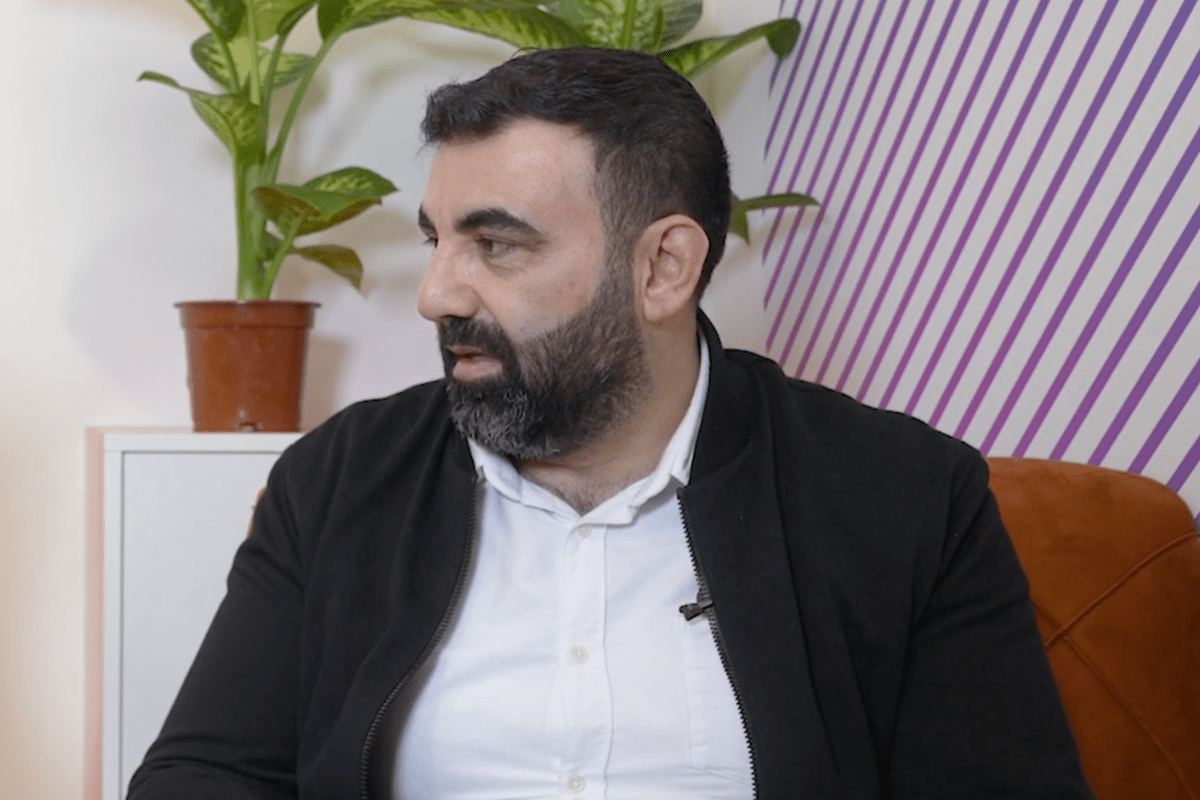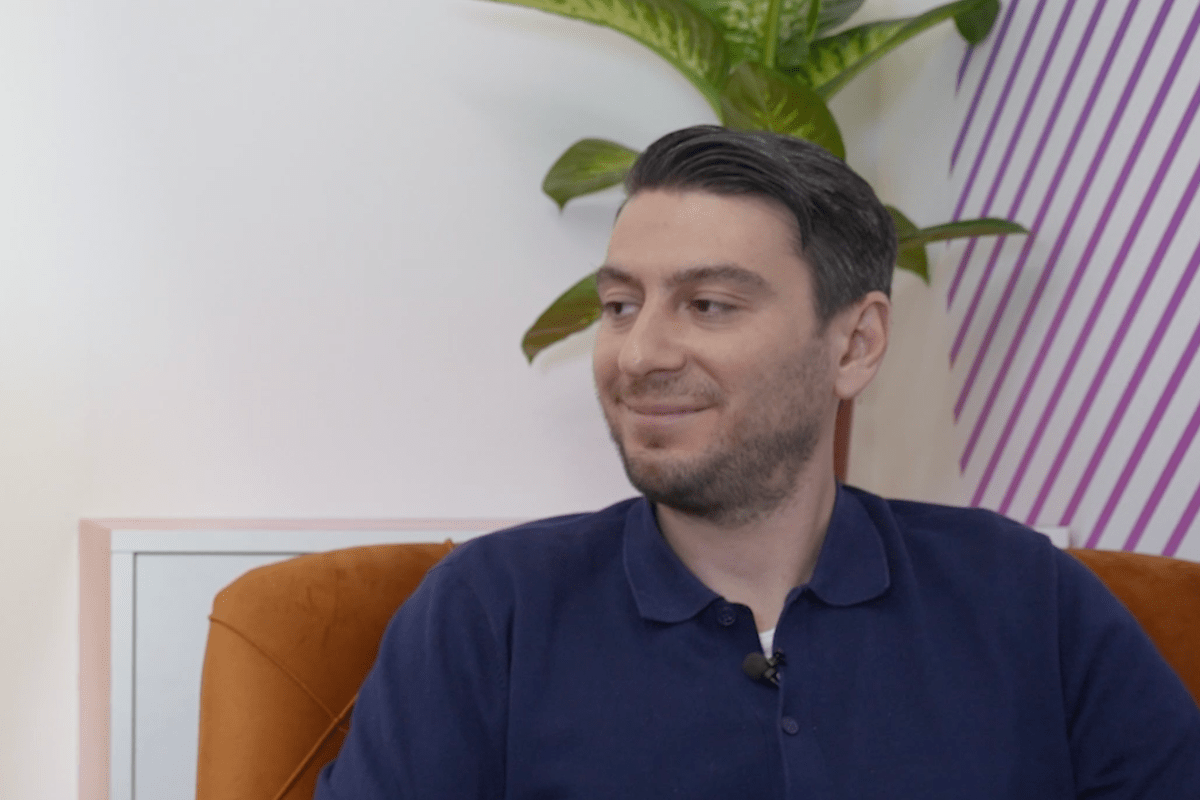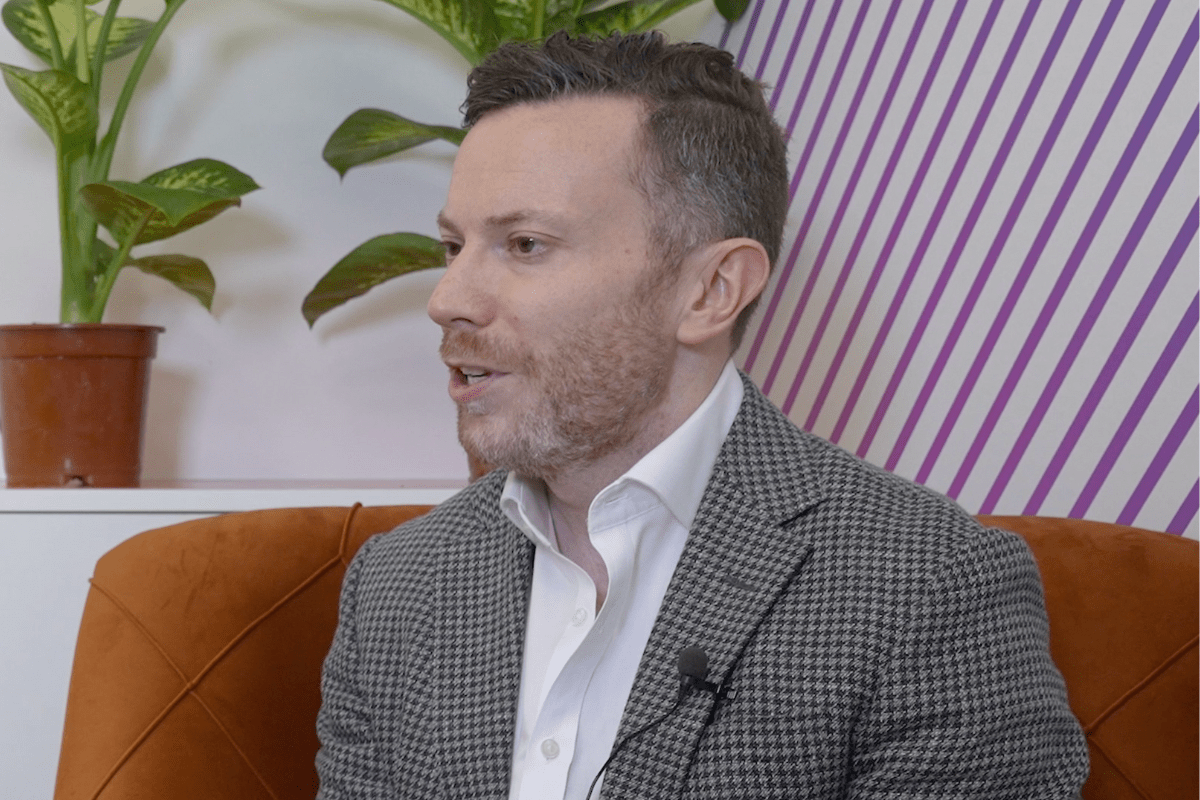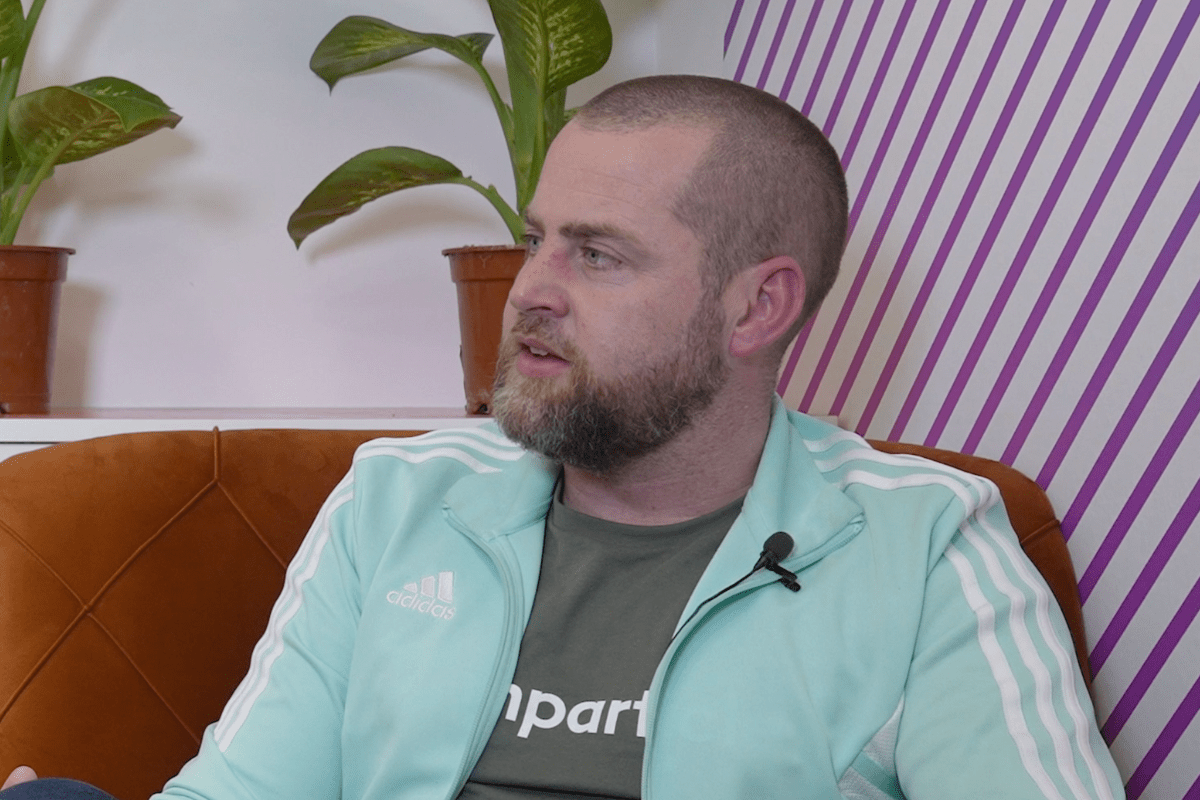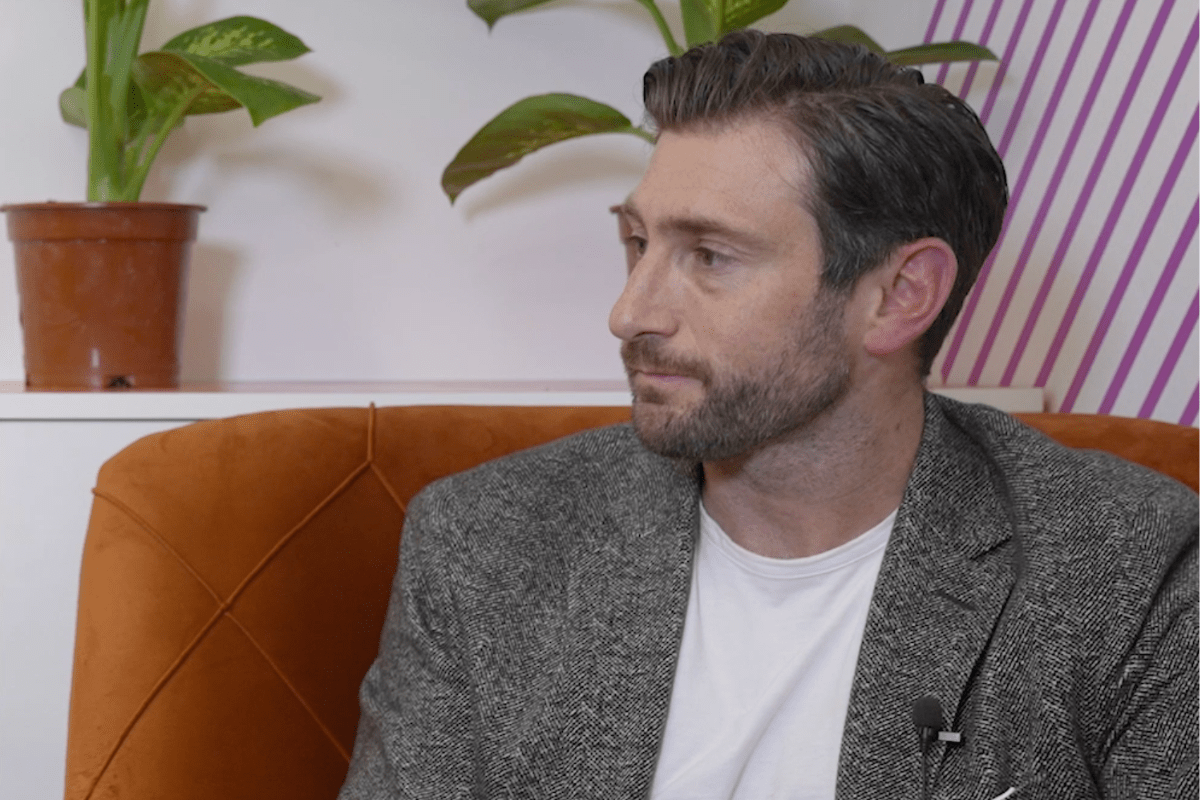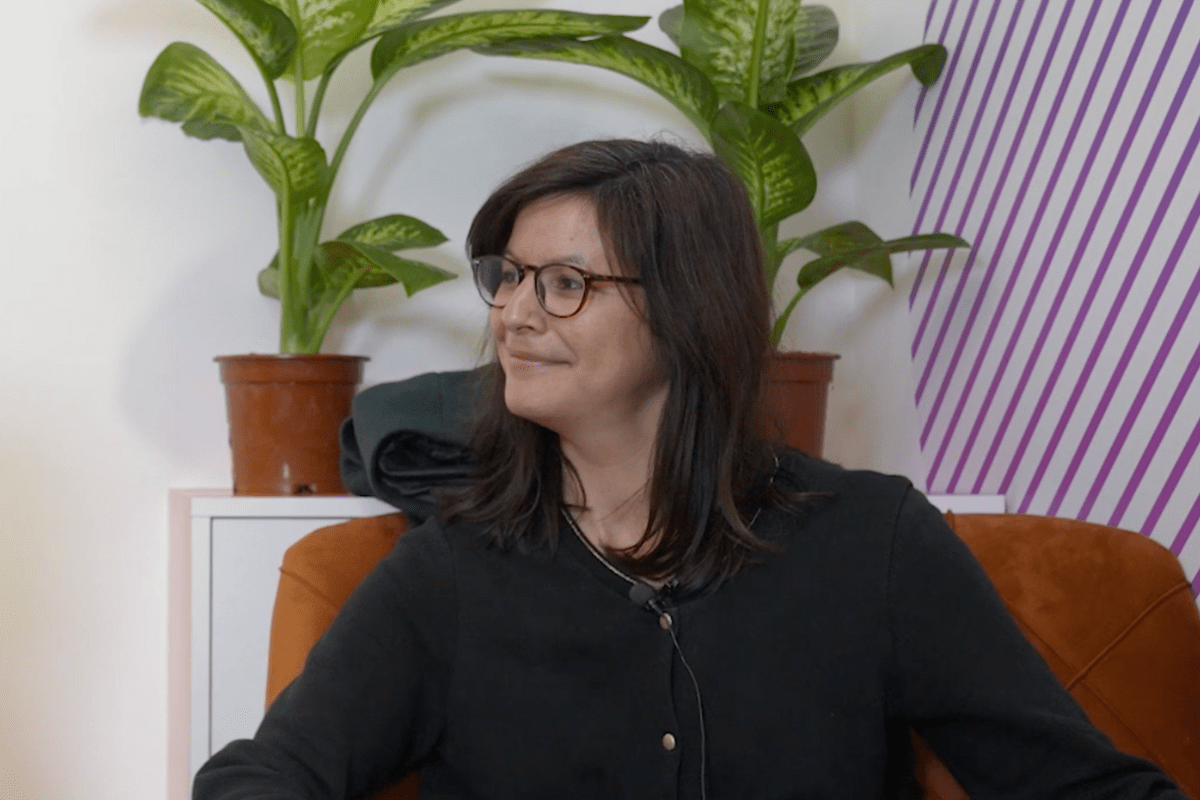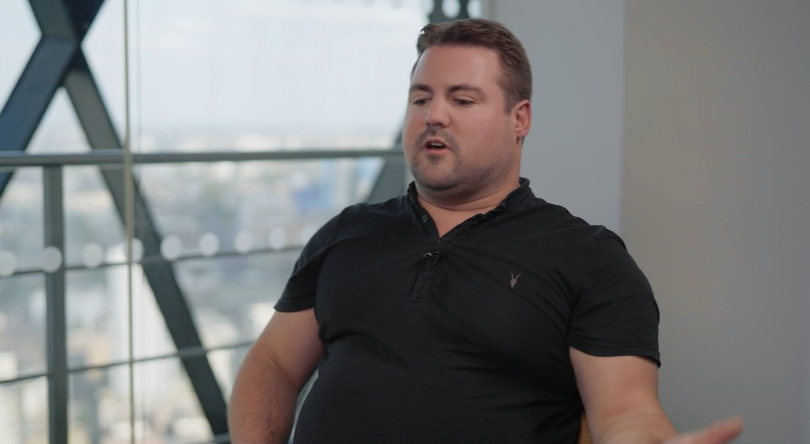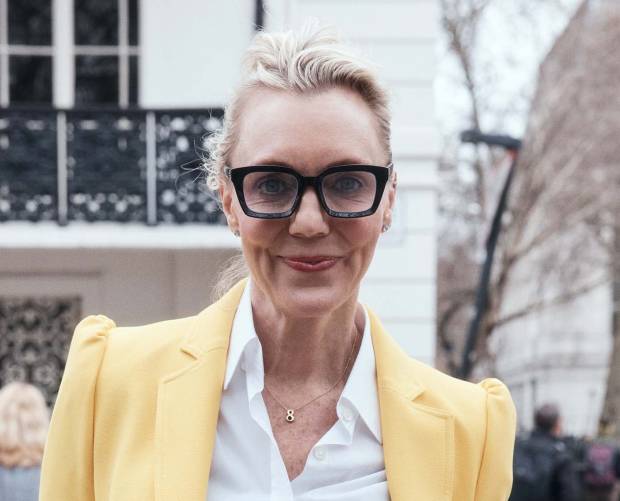Talking Programmatic with Inskin Media
- Monday, December 2nd, 2019
- Share this article:
Luke Roback, ad operations director at Inskin Media, chats to Mobile Marketing about the state of programmatic and how to get programmatic advertising right.
 Mobile Marketing: What are the key trends you see in the programmatic space?
Mobile Marketing: What are the key trends you see in the programmatic space?
Luke Roback: “It’s clear that programmatic is the way to go. I think that’s the direction the industry has decided on, broadly speaking. But I think that what kind of programmatic approach each brand wants to use, and the trade-offs among them, are still very much in flux.
“Programmatic started as a way to drive efficiency in the buying process, but more open communication is still needed to marry up what the client wants compared to what we are sending them.
“The transition to programmatic has delivered efficiency in many ways, but some concerns remain in the industry around transparency, ad fraud, and brand safety. The danger here is that potential ineffectiveness could constrain the increases in efficiency. Sometimes determining and defining responsibilities for adapting targeting requirements can be time-consuming.
“We are being asked to move towards guaranteed trading, and it comes up a lot in agency trading conversations — as opposed to where we have always been, which is delivering via PMPs. We’re open to working in different ways to meet the needs of different clients, but we have concerns that Programmatic Guaranteed (PG) can cause issues due to the layering of targeting in the DSP, and what we have applied from a supply perspective. This is an area that we need to work on as an industry, and once we can do that, we will be able to offer advertisers another trading option.
“Direct IO is still alive and kicking due to advertisers needing certainty around delivery — but programmatic is clearly where the industry is heading. For us, it’s about being flexible and trying to meet the needs of different clients.
MM: Where do we go from here?
LR: It’s going to be a mix – direct IO, Open Marketplace, PMPs for the foreseeable future until the industry can tackle some of the fundamental floors with Programmatic Guaranteed.
We will ultimately try to deliver in a way which makes sense for any given campaign/strategy. Some clients’ strategy is purely programmatic while some require us to manage delivery for them, and we want to be able to deliver on both reliably.
For us, we want to be reliable partners – for brands, agencies and our publishers. I think for the most part, we get that balance spot on. But sometimes, something has to give in order to meet expectations on the supply and demand side.
We’re likely to stay in the PMP space for now, because the transparency is really critical for us.
MM: How does header bidding fit into your vision of the future?
LR: We are believers in header bidding and how it can help publishers. But also, how it can help us deliver campaigns effectively with multiple targeting layers applied. We are working with a number of publishers but its definitely at an early stage for us to say whether its going to be the future of how we deal with supply.
It’s really just been a market reality at meaningful scale for about a year or so and there’s a lot to be worked out from an infrastructural perspective, but could potentially offer a solution to how we scale efficiently.
MM: What’s going to be the key to getting programmatic right?
LR: Trust and transparency is definitely the key here. We are in a niche space delivering high impact rich media units programmatically, which requires us to be treated differently to how someone buys on the open market. The industry in general has been faced with many hurdles over the past 12-18 months when GDPR came into effect. We are now seeing the cookieless world play out, so it’s key for us to stay abreast of decisions being made by others but also carry on practicing what we preach when it comes to being part of the open, trusted web.
Change will probably take longer than anyone thinks. I think we’ve all seen how long GDPR has taken to be fully adopted in a complex market and I don’t think the cookieless world will be any different. You will have early adopters and you will have companies who tread very carefully. Premium publishers and networks always have to be more careful with adopting new technologies or methodologies.
We will ultimately rely on the collaboration with our publishers and technology partners whilst focussing on delivering the best user experience for the end user and our publishers, which is not always simple to marry up.
Inskin Media was one of the sponsors for our recent Programmatic lunch event. The company, founded in 2007, specialises in multi-screen, rich-media display advertising. It has officers in London, Hamburg, Sydney, Singapore, and Hong Kong.




